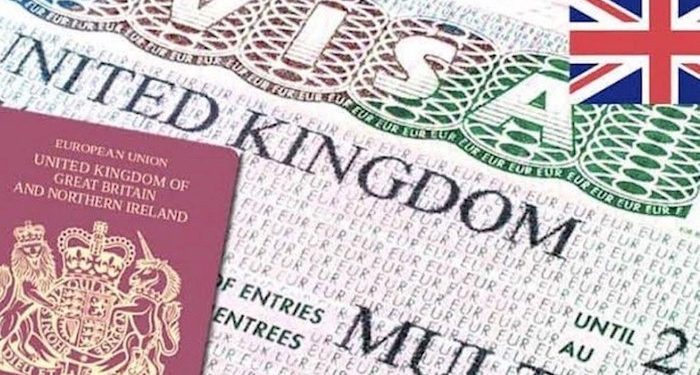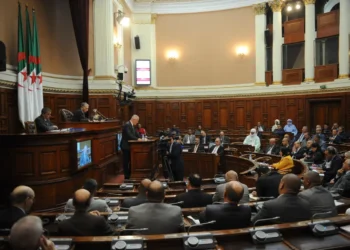The British government is preparing to restrict visas for nationals from countries with high rates of asylum claims, targeting what it sees as systemic abuse of work and study visa routes.
Under proposed reforms from the Home Office, applicants from countries including Pakistan, Nigeria, and Sri Lanka, which accounted for nearly 16,000 asylum claims last year, could face heightened scrutiny or fewer visa approvals.
The crackdown comes in response to concerns that individuals are entering legally on temporary visas before switching to asylum claims as a pathway to permanent residency.
Although the Home Office has withheld exit check data since 2020, citing reviews over data accuracy, internal assessments reportedly highlight certain nationalities as disproportionately likely to overstay.
Prime Minister Keir Starmer’s administration, facing pressure after Reform UK’s strong showing in local elections, has pledged to reduce both illegal and legal migration without committing to specific numerical targets.
Labour’s broader strategy includes new maritime safety laws aimed at deterring small boat crossings, alongside efforts to expand domestic workforce training and reduce reliance on migrant labour.
Critics argue that the visa restrictions will do little to significantly lower overall asylum numbers. Jonathan Portes of UK in a Changing Europe noted that the measures appear focused on deterring perceived abuses, such as students abruptly seeking asylum after arrival.
Yet with asylum claims reaching a record 108,000 in 2023, the government faces growing demands for action.
Recent migration data shows a broader tightening of immigration policy. Visa issuances have declined following reforms under the previous Conservative government, including higher salary thresholds for skilled workers and a ban on family dependants for care workers. Net migration fell from 906,000 in mid 2023 to 728,000 a year later, though levels remain historically high.
Refugee advocates warn against blanket restrictions that could penalise legitimate asylum seekers. Enver Solomon of the Refugee Council stressed that some visa holders are compelled to seek asylum due to worsening conditions in their home countries and deserve fair hearings.
The full policy framework is expected to be unveiled in an upcoming immigration white paper, which will outline stricter vetting and enforcement measures. As the government balances efforts to deter abuse with the need to maintain international partnerships, the reforms risk igniting diplomatic tensions even as they seek to address public concern over border control.



































